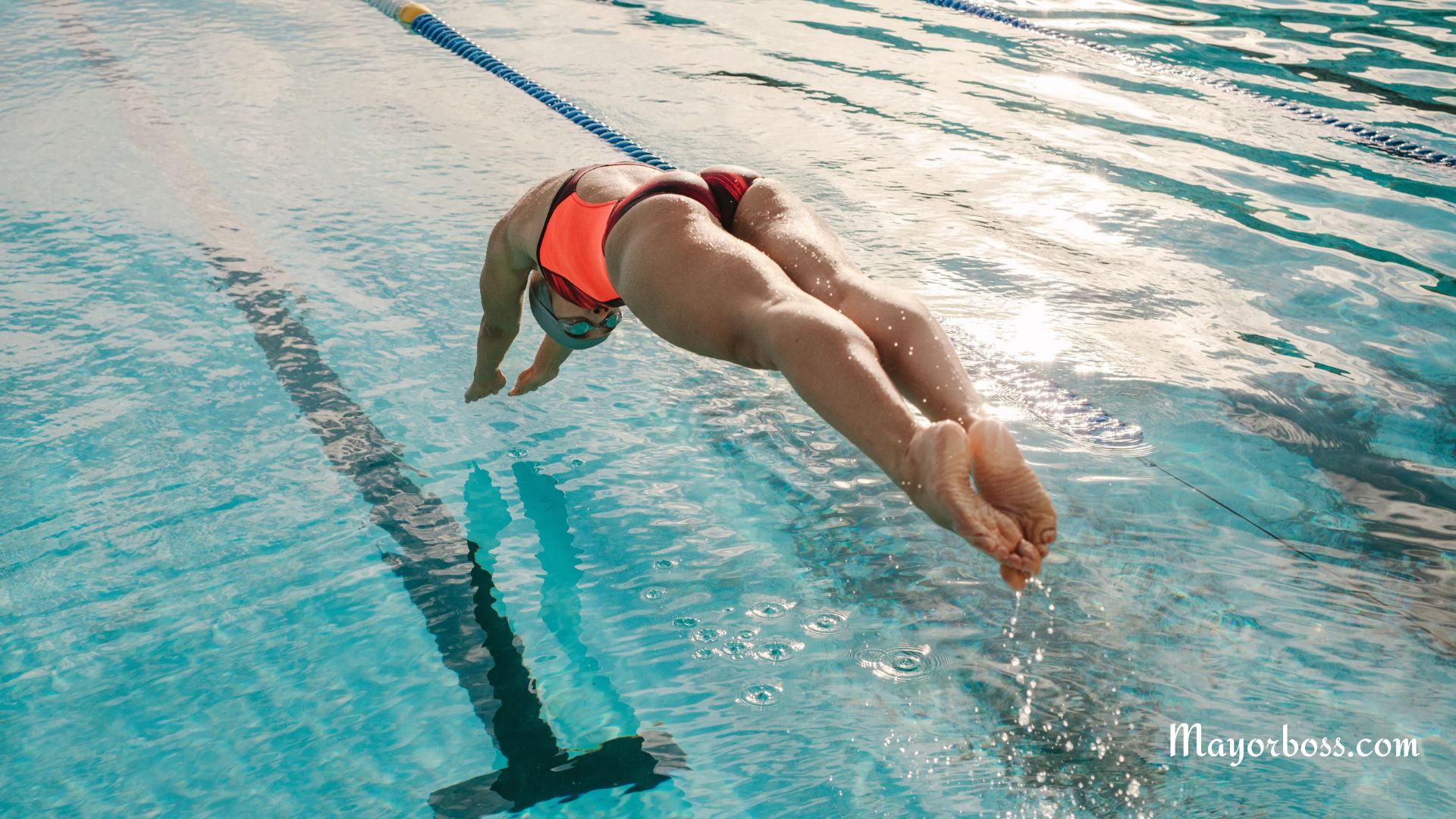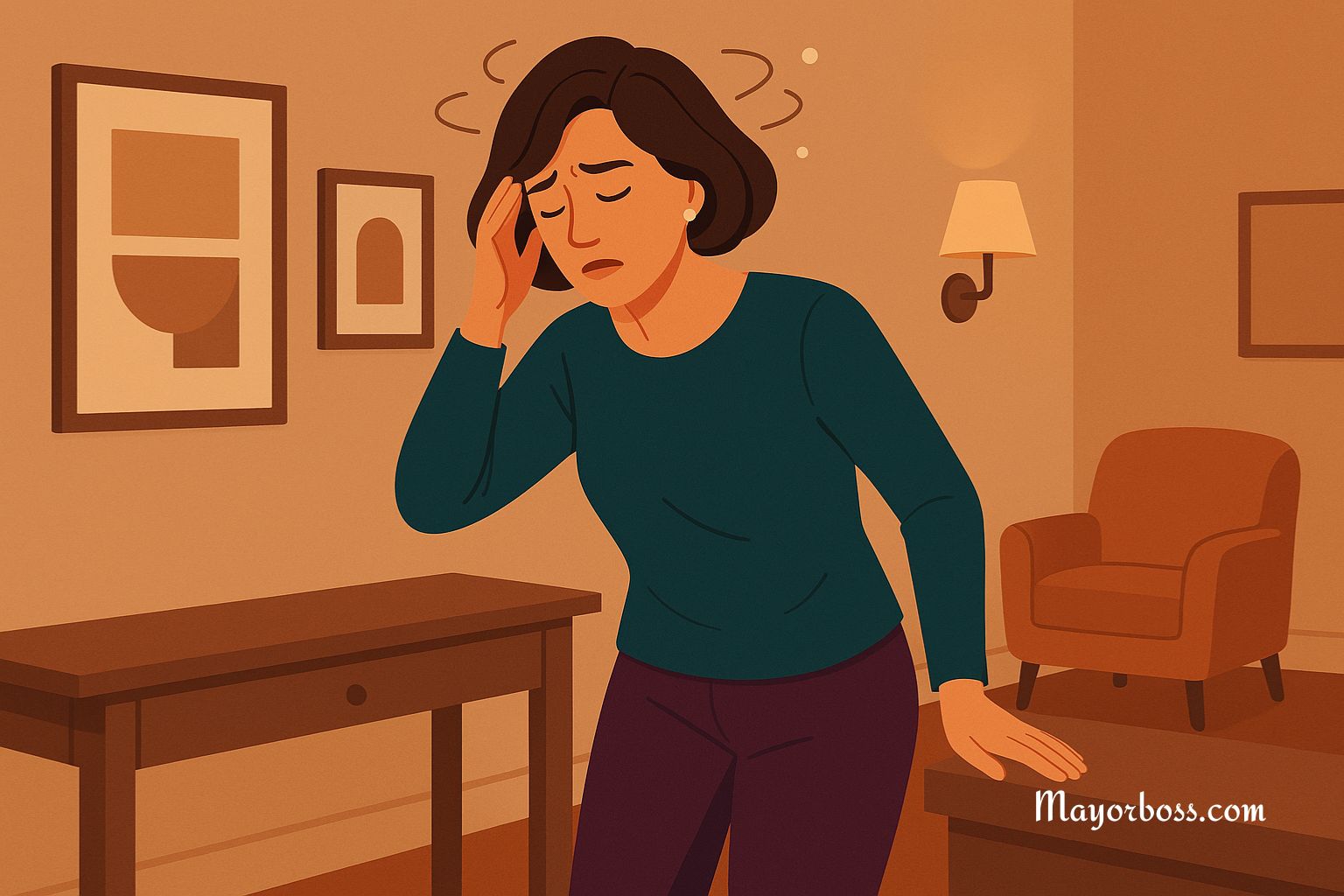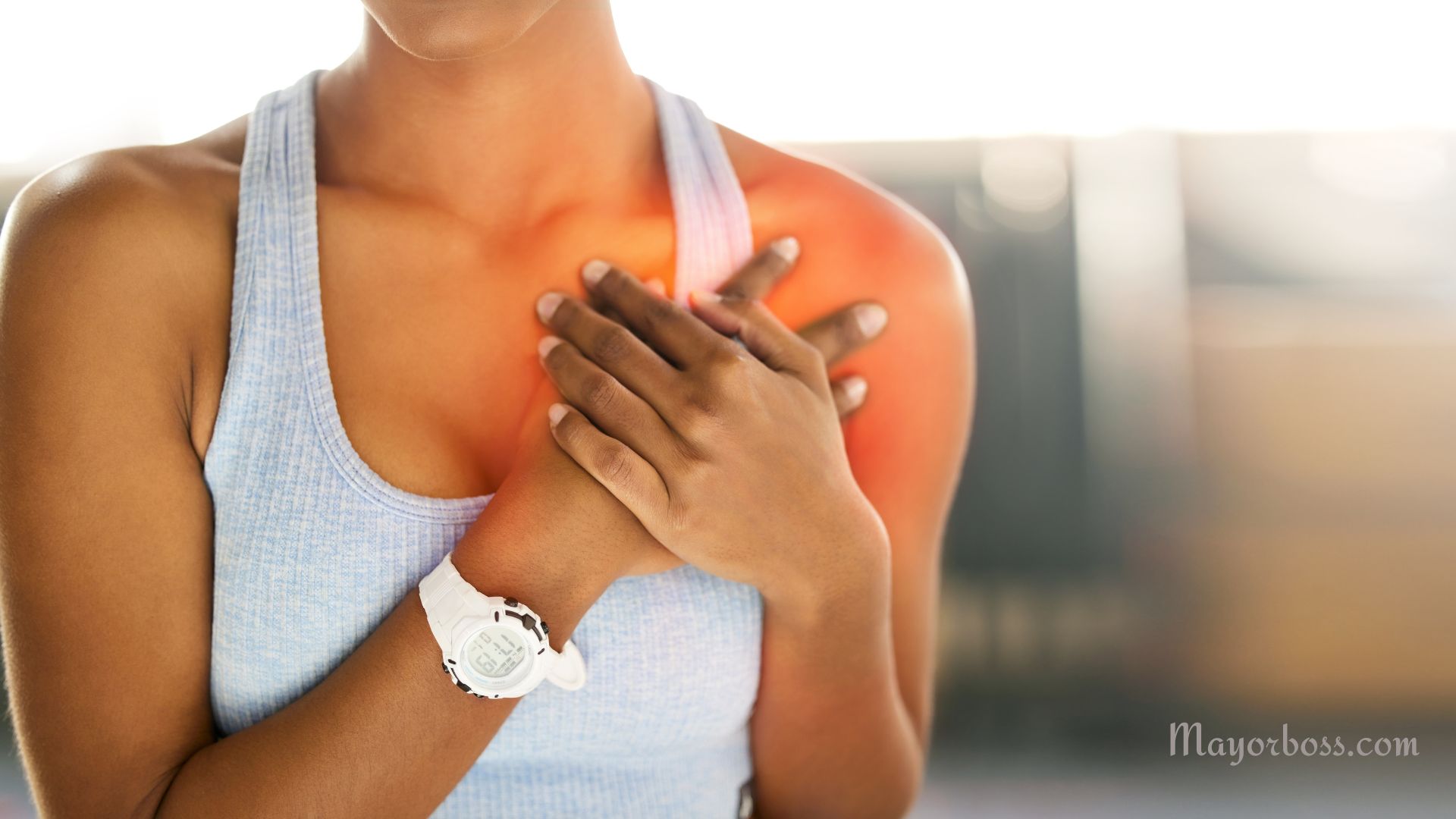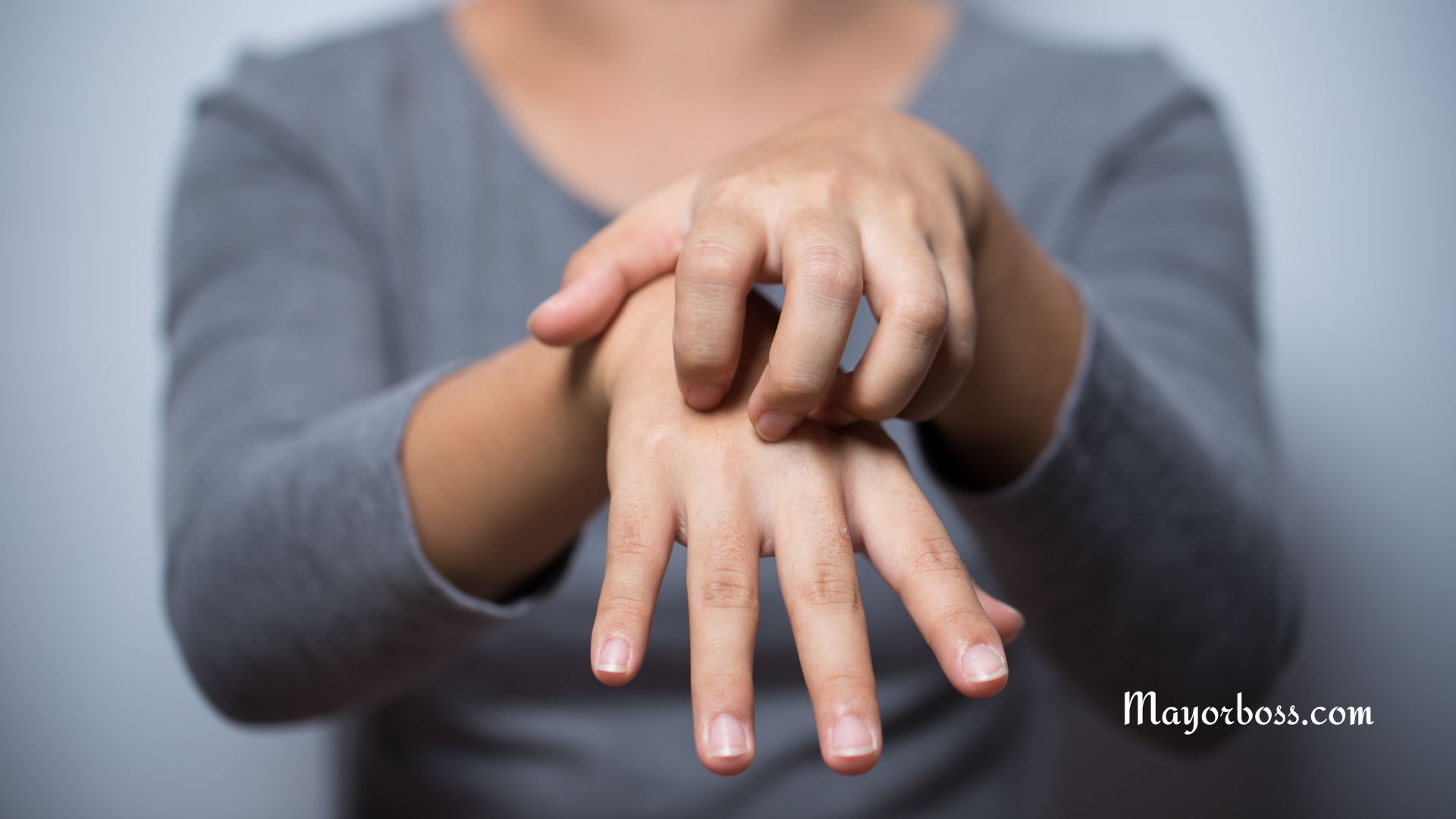5 Signs You Need to Drink More Water
Water is vital for nearly every function in the human body, from regulating temperature to keeping our joints lubricated. But how do you know if you’re getting enough? The reality is that your body often sends out subtle signals when it’s in need of hydration. Sometimes, those signals can be confusing or misinterpreted. Keep reading to learn the five signs that might mean you need to up your water intake.
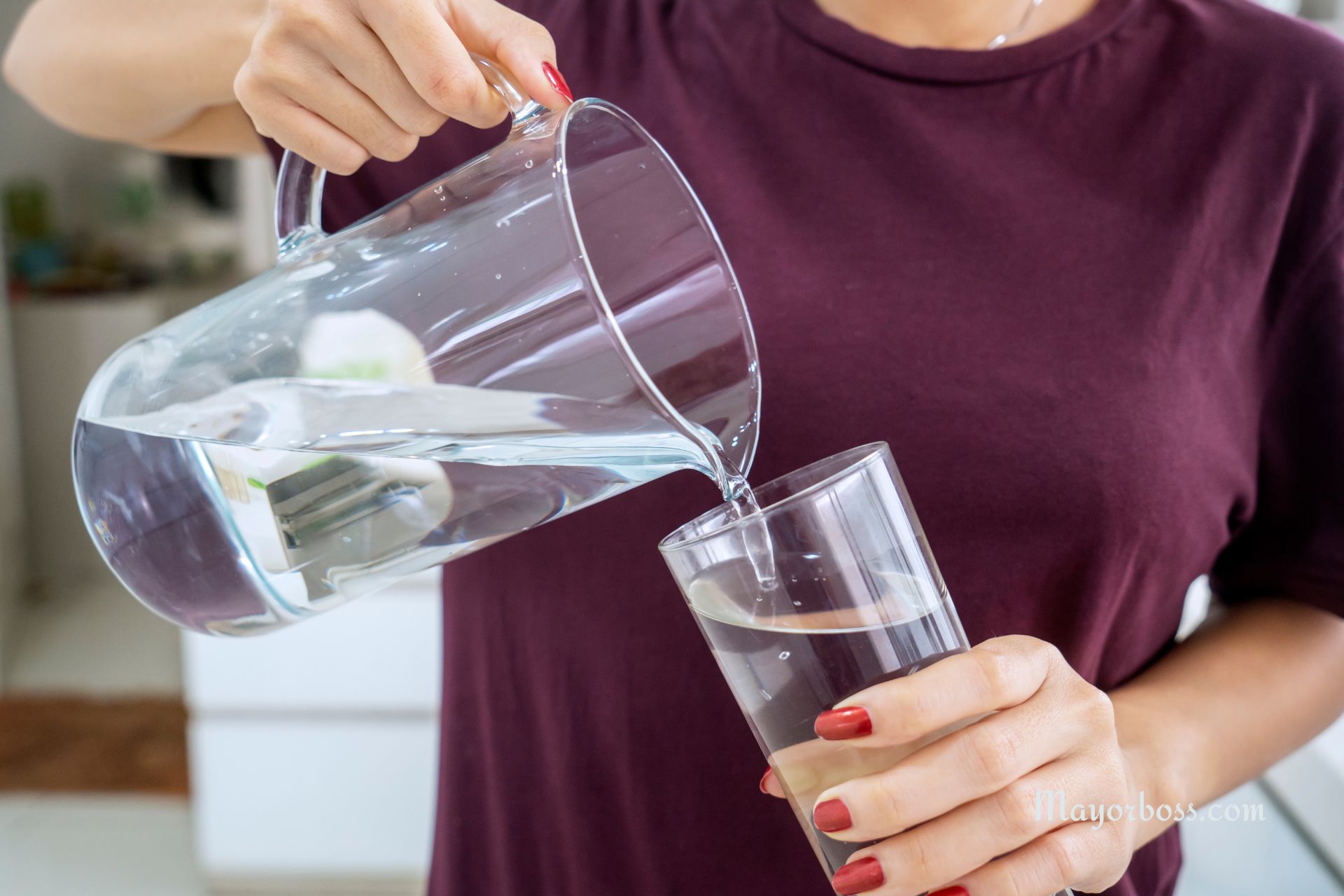
Your Mouth Feels Dry, Even After Drinking Other Fluids
You might think reaching for soda or coffee will quench your thirst, but those drinks can actually do the opposite. Many beverages, especially those containing caffeine or sugar, can dehydrate your body further. Even if your mouth feels temporarily moist after drinking them, you might notice it feels dry again shortly afterward.
Dry mouth, or xerostomia as doctors call it, is one of the first signs that your body is dehydrated. Without enough water, your body can’t produce enough saliva, which means your mouth dries out quickly. While it’s easy to reach for the closest liquid when you’re thirsty, what your body really needs is good old-fashioned water. It’s a simple fix for a common problem that many people overlook.
If You’re Always Feeling Tired, You Might Be Dehydrated
Fatigue can hit for a number of reasons—stress, lack of sleep, or even overexertion—but it can also be a telltale sign of dehydration. According to medical experts, when you’re not drinking enough water, your blood volume decreases. As a result, your heart has to work a more hard to pump blood and deliver oxygen and nutrients throughout your body. This added effort can make you feel sluggish, even after a full night’s rest.
Dehydration reduces the flow of oxygen to your brain, which could make you feel foggy or unable to concentrate. Consequently, if you find yourself feeling drained after minimal effort, it might be time to evaluate your water intake. Sometimes, a simple glass of water can be helpful in restoring your energy levels.
Persistent Headaches Could Be Linked to Low Water Intake
Headaches are another common sign that your body is craving hydration. Even mild dehydration can cause a headache, according to the Cleveland Clinic. When you’re dehydrated, your body loses essential fluids that help maintain the balance of electrolytes and other important minerals in your body. This can trigger headaches or migraines in some people. Dehydration causes a reduction in blood and oxygen flow to the brain, which can result in headaches that seem to pop up out of nowhere.
Before you reach for painkillers, try reaching for a glass of water. While medications can provide temporary relief, if dehydration is the underlying cause, they won’t solve the problem in the long run. If headaches are frequent, increasing your water intake might help reduce their occurrence.
You Experience Digestive Issues, Including Constipation
Water plays a significant role in your digestive system. Not only does it help break down food, but it also keeps things moving smoothly through your intestines. When you’re not drinking enough water, your body pulls what it can from your food waste, leaving you with hard stools and making it difficult to pass them.
Doctors say that if you’re regularly constipated, it might not be about what you’re eating but how much water you’re drinking. Water helps to soften your stools, making bowel movements easier and more regular. Without enough water, your digestive system can slow down, leaving you feeling uncomfortable and bloated.
In fact, several studies have suggested that dehydration can also irritate your stomach lining and lead to issues like heartburn. So, if your digestive system seems off, it could be a sign that you need to drink more water.
Your Skin Feels Dry and Lacks Elasticity
Your skin is one of the first places to show signs of dehydration. When your body doesn’t have enough water, your skin can become dry, flaky, and less elastic. According to a study published in 2024, hydration levels are directly linked to skin health. That means when you’re not drinking enough water, your skin may lose its natural glow and elasticity, making it more prone to wrinkles and sagging.
Doctors have noted that skin turgor—the ability of your skin to bounce back after being pinched—is one of the fastest ways to check for dehydration. If your skin doesn’t spring back quickly, it could be a sign that your hydration levels are low. Plus, dehydrated skin can lead to other problems like itching, cracking, or even more severe conditions like eczema.
Your skin is your body’s largest organ, and it relies heavily on water to stay supple and healthy. So, if your skin feels dry, looks dull, or isn’t bouncing back the way it used to, you might want to increase your water intake.
The Takeaway
Water isn’t just about quenching thirst. It’s an essential part of keeping your body functioning at its best. From helping your digestive system run smoothly to maintaining healthy skin, hydration is at the core of good health. If you’re experiencing any of these signs—whether it’s dry skin, fatigue, headaches, or digestive issues—it’s worth considering whether you’re drinking enough water. According to experts, most people need about 8 cups of water a day. If you’re unsure, it’s always a good idea to talk to your physician to find out what’s right for your body.


